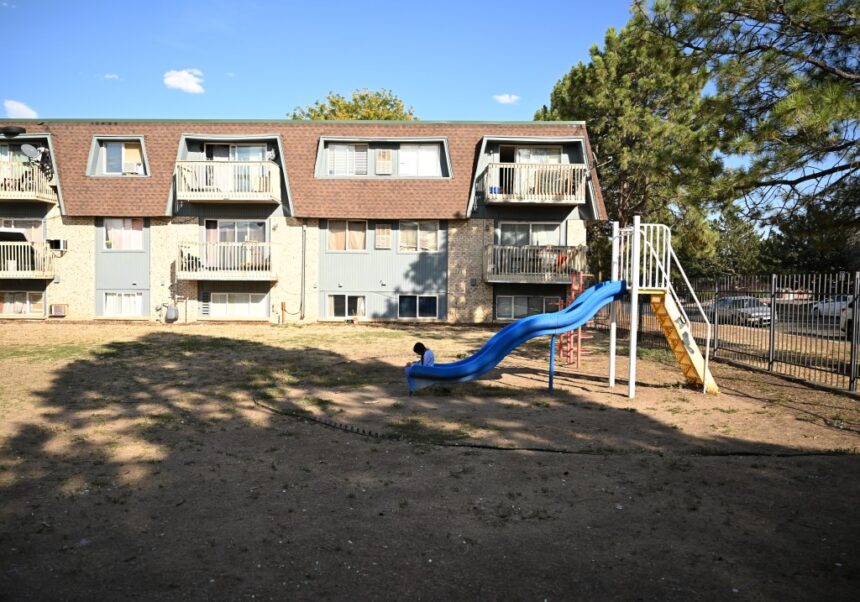CBZ Management, the owner of several dilapidated apartment buildings in Denver and Aurora, has filed a lawsuit against the Colorado Attorney General’s Office aiming to quash investigative subpoenas that had sought records related to its ownership practices.
The suit was filed Friday in Denver District Court by CBZ and several constituent companies that formally own its 11 Colorado properties. The companies want a judge to block several subpoenas the AG’s office sent them in September as part of an investigation into whether the companies violated the state’s consumer protection and safe-housing laws.
They also seek a protective order blocking the public release of any personal or financial information obtained via the subpoenas.
The subpoenas sought a broad swath of records from CBZ and its companies, covering basic details like which properties are owned by each company — as well as information about how the companies track maintenance requests, handle security deposits and advertise their apartments. Former tenants have told The Denver Post that they filed complaints with the AG’s office accusing CBZ of insurance fraud.
In the new legal filings, the companies’ lawyers said the AG’s office hadn’t explained why investigators believed CBZ and its companies had violated state law and that the subpoenas were “burdensome” and too expansive.
Attorneys for CBZ and its companies did not return an email seeking comment Tuesday. Attorney general spokesman Lawrence Pacheco declined to comment.
CBZ and its companies have faced years of complaints from tenants and investigations from municipal health inspectors because of the unsafe condition of their properties. More recently, CBZ has sought to blame those problems on the presence of a Venezuelan gang.
The city of Aurora ordered the closure of one CBZ building in August because it was uninhabitable, and creditors have taken control of two more. A fourth Aurora property, the Edge of Lowry apartments, is set for closure next year after additional legal action by city officials. The company also owes Denver tens of thousands of dollars in fines over the condition of its properties in the city.
The AG’s investigation into CBZ and its companies was reported last month by The Post, along with several other Colorado media outlets. The Post obtained copies of the subpoenas that CBZ is now challenging via a public records request.
In its lawsuit, CBZ and its companies complained about the release of the subpoenas to media and expressed concern that records produced as part of the subpoenas would be publicly released, too. The release of that information, the companies argued, potentially could place some individuals at risk.
According to the new lawsuit, the attorney general’s office agreed that the companies could redact personal information such as birth dates, social security numbers and home addresses.
Stay up-to-date with Colorado Politics by signing up for our weekly newsletter, The Spot.
Originally Published:










